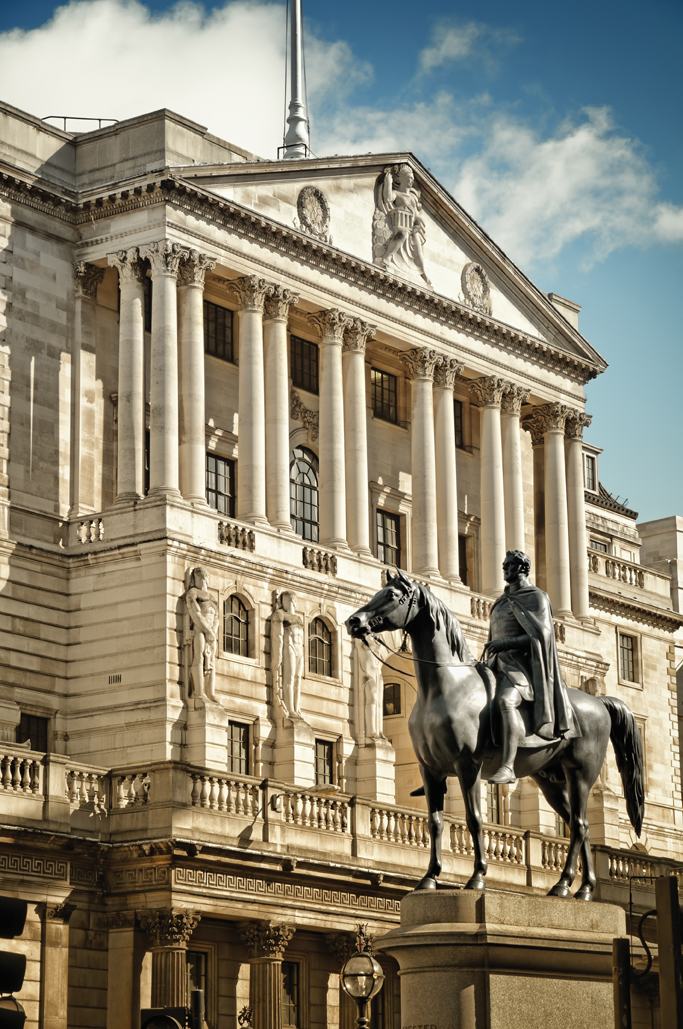Investing
Sterling drops as BoE chief economist backs rate cut

Sterling slumped against the US dollar after the Bank of England’s chief economist Andy Haldane said the UK has an equal chance of seeing a rate cut as a rate hike, contrary to consensus expectations.
BoE’s chief economist Andy Haldane delivered a dovish message on Thursday, suggesting rates in the UK may be cut further in the short term to mitigate deflationary risks.
After his speech at the BizClub, sterling fell to a seven-year low against the US dollar, trading 1.5 per cent lower by later afternoon on Thursday at $1.4727.
Haldane said that if monetary policy was set by an algorithm rather than a committee, it would current suggest that “with the lower bound set at zero, the optimal path for interest rates would involve them being cut in the short run towards zero for around a year”, the Financial Times reports.
However, he stressed the concerns about downside risk to inflation are his personal views, while in reality the likelihood of interest rates being cut or raised is “broadly evenly balanced”.
“If one [rate change] were required, given the asymmetry of inflation risks, I think the chances of a rate rise or cut are broadly evenly balanced,” Haldane said.
“In other words, my view would be that policy may need to move off either foot in the immediate period ahead, depending on which way risks break.”
While markets have been forecasting an interest rate rise for several months, the Bank of England first prompted talk of a cut in February, when Governor Mark Carney said he would be prepared to further lower record low rates if inflation continues to fall.
However, he then said in March this would be a “foolish” move, as the falls in inflation are a short-term occurrence triggered by the oil price fall. Therefore, a rate cut would cause unnecessary volatility.
At this month’s meeting of the Monetary Policy Commitee, members unanimously voted for rates to be held at 0.5 per cent.